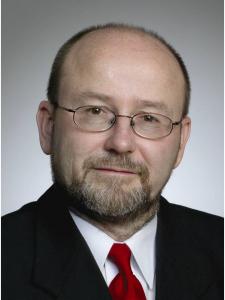David Gustafson
Director, ILSI Research Foundation’s Center for Integrated Modeling of Sustainable Agriculture and Nutrition Security (CIMSANS)
Expert Bio
Dave Gustafson serves as Director for the ILSI Research Foundation’s new Center for Integrated Modeling of Sustainable Agriculture and Nutrition Security (CIMSANS), the purpose of which is to foster new public-private partnerships on integrated modeling that improve both scientific understanding and public policy around the growing impacts of climate change and resource scarcity – especially water – on sustainable nutrition security. Dave’s academic training was at Stanford University and the University of Washington in Seattle, where he earned his B.S. and Ph.D. degrees, both in chemical engineering. His research on the environmental challenges surrounding agriculture has now spanned more than 30 years (primarily at Monsanto, from which he recently retired). The initial focus of his work was the development of new computer models for predicting the environmental behavior of crop chemicals, especially their potential impacts on water quality. In subsequent years, Dave developed new modeling approaches to pollen-mediated gene flow and the population genetics of insect and weed resistance. In 2007, Dave served as an inaugural member and theme lead for the Monsanto Fellows Climate Change Panel, which reported back to the company on the degree of scientific certainty in climate modeling, and how climate change is already impacting agriculture around the world. He has served on various national and international teams looking at these issues, including the Executive Secretariat of the US Government’s National Climate Assessment Development & Advisory Committee.
Public web-site for profile: http://www.linkedin.com/pub/dave-gustafson/26/37/309
Studies, Articles and Answers
Showing 1 out of 1 results
Question
A: Yes, no-till is good for the environment! And that’s one of many important facts that the recent New York Times article ignored. The data show that the use of glyphosate and glyphosate-tolerant crops has helped enable the widespread adoption of conservation tillage practices, not only in the United States but in many other countries as well (Argentina, Brazil, etc.). It is also important to note that although Monsanto first obtained EPA registrations for glyphosate, it is now a generic herbicide and other parties now routinely request revisions in tolerances and use patte [...]
Environment Crop protectants